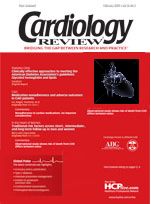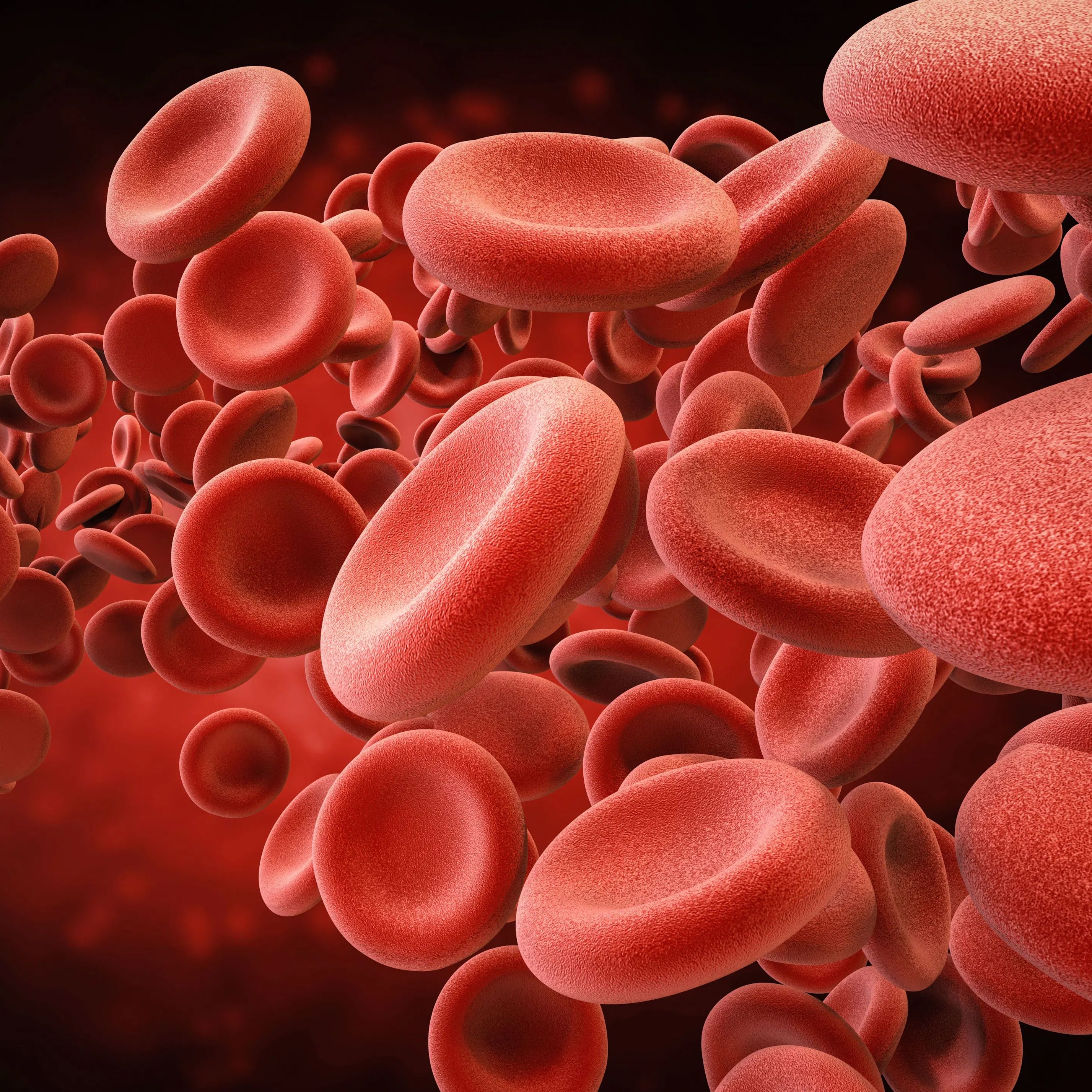Publication
Article
CRT proven to reduce heart failure mortality
ORLANDO—Cardiac resynchronization therapy (CRT) reduces death or hospitalization due to a major cardiovascular event by 37% in patients with advanced heart failure, according to results of the Cardiac Resynchronization in Heart Failure (CARE-HF) trial. “This is the first study to show a survival benefit with pacemakers,” said John G.F. Cleland, University of Hull, United Kingdom. “Other shorter trials have shown only that CRT improved 6-minute walk times and quality of life in these patients.”
The addition of CRT to medical therapy also significantly lowered New York Heart Association (NYHA) functional heart failure class and significantly increased ejection fraction. “By 18 months a large proportion of CRT patients became asymptomatic with ejection fractions over 40%,” said Dr. Cleland. “We can now begin to talk about remission of heart failure in 15% to 20% of patients.”
Dr. Cleland reported the CARE-HF results during the American College of Cardiology Annual Scientific Sessions. A total of 813 patients with class III or IV heart failure from 82 international centers received either optimal medical therapy (n = 404) or CRT implantation plus medical therapy (n = 409). Eligible patients had heart failure of at least 6 weeks’ duration requiring loop diuretics despite optimal pharmacologic therapy, left ventricular systolic dysfunction and dilation with an ejection fraction of 35% or less, and QRS intervals of 120 ms
or greater or QRS between 120 and 149 ms with dyssynchrony confirmed by echocardiogram. Patients with atrial fibrillation or those who required pacing were excluded.
Average patient age was 66.5 years, 73.5% were male, the majority had class III heart failure, and 38% had ischemic heart disease. A majority of patients in both groups were treated with angiotensin-converting enzyme inhibitors or angiotensin receptor blockers, beta blocking agents, and spironolactone. Fewer than half the patients in each group were treated with digitalis (Lanoxin) and less than half took furosemide (Lasix) in doses of greater than 80 mg daily. CRT patients received an InSync-III device. The mean follow-up was 29.4 months.
The primary end point was a composite of all-cause mortality or an unplanned hospitalization for a major cardiovascular event. After 1,300 days, significantly fewer CRT patients reached the primary end point compared to those on pharmacologic therapy alone (P < .0001, hazard ratio [HR] 0.63). All-cause mortality alone was also lower among CRT patients (P = .0019, HR 0.64), amounting to a 36% reduction compared with medical therapy patients.
After 90 days, NYHA class was 2.7 in the medical therapy alone group compared with 2.1 in the
CRT group (P < .0001). Quality-of-life scores were also significantly better among CRT patients (P < .0001). Dr. Cleland said that after 18 months CRT patients exhibited highly significant differences compared with the control group in terms of shorter interventricular mechanical delay, higher ejection fraction by about 7%, less mitral regurgitation, lower ventricular volumes, higher systolic blood pressure, and lower N-terminal-pro-brain natriuretic peptide levels.
“CRT should be considered routine therapy for patients with moderate to severe heart failure with evidence of cardiac dyssynchrony if their symptoms persist despite optimal drug therapy in order to improve cardiac function and efficiency, improve symptoms and quality of life, reduce morbidity, and prolong survival,” Dr. Cleland said. He added that CARE-HF is especially important owing to the length of follow-up compared with previous CRT trials. n






